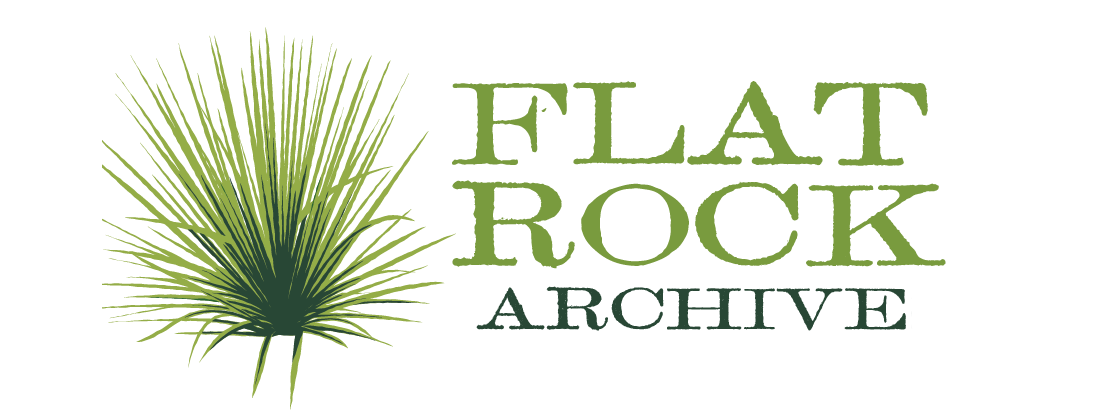Vocabulary Words and Definitions
Ancestor: an ancestor is a person from whom one is descended and who lived several generations ago.
Carding brush: a carding brush is a wooden block fitted with a handle and covered with short metal spikes.
Cash Crop: a cash crop is one that is grown to be sold for money.
Chamber Pot: a chamber pot is a bowl-shaped container with a handle and often a lid, used as a portable toilet, especially in the bedroom at night. Variants of this were common in many cultures until indoor plumbing was invented.
Civil War: the American Civil War was fought between the Northern and Southern states from 1861-1865. The Northern states wanted to end slavery, and the Southern states wanted to continue slavery.
Confederate Army: also known as the Southern Army, the Confederate Army was a military force fighting against the Union Army during the American Civil War.
Daub: to daub means to coat or smear something with a thick or sticky material like clay.
Dye: a dye is a substance used to color materials. It is often used to color the fabric used to make clothing.
Enslaved Person: an enslaved person is someone who is forced to work without pay.
Environment: an environment is a person’s physical surroundings.
Generation: a generation is the time between the birth of parents and the birth of their children.
Guano: guano is a bird or bat poop that is used as fertilizer for growing plants.
Hide: hide is raw animal skin.
Historian: a historian is a person who studies the past.
Interviewer: an interviewer is a person who asks questions to collect information from another person.
Loom: a loom is a device used to weave cotton thread together to make cloth.
Manual: manually operating something means doing it by hand, not by machine.
Narrative: a narrative is a story you write or tell someone, usually in great detail.
Necessity: necessity is the need for something, especially in order to live.
Oral History: an oral history is a story passed down by word of mouth from one generation to another.
Outhouse: an outhouse is a small outdoor building that is used as a toilet.
Plantation: a plantation was a huge farm where tobacco, cotton, and rice were grown; workers were usually slaves.
Primary Source: a primary source consists of materials, such as letters, maps, drawings, and diaries, made by the people who experienced the event they were recording.
Quota: a quota is a specific number that is expected to be met or achieved.
Raw Fiber: raw fibers are long, thin strands of material from plants or animals.
Raw Material: raw material is a resource in its natural state.
Secondary Source: a secondary source consists of materials, such as articles, encyclopedias, textbooks, and websites, made by people who did not experience the event they are discussing. Authors of secondary sources read and interpret primary sources to gather information for their works.
Shoemaker: a shoemaker is a person who makes and repairs shoes.
Slave: a slave is a person who is owned by another person and can be sold at the owner's will.
Structure: a structure is something (such as a building) that is constructed.
Trade: a trade is an occupation that requires manual or mechanical skill.
Union Army: also known as the Northern Army, the Union Army was a military force fighting against the Confederate Army during the American Civil War.

